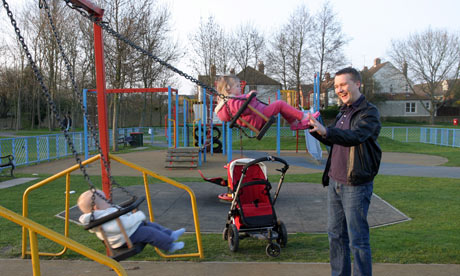“There is an old Sanskrit word, Lila, which means play. Richer than our word, it means divine play, the play of creation, destruction and re-creation, the folding and unfolding of the cosmos. Lila, free and deep, is both the delight and enjoyment of this moment, and the play of God. It also means love.” p1
“Improvisation, it is a mystery. You can write a book about it, but by the end no one still knows what it is. When I improvise and I'm in good form, I'm like somebody half sleeping. I even forget there are people in front of me. Great improvisors are like priests; they are thinking only of their god.” Stephane Grappelli, quoted on p4
“I am a musician. One of the things I love best is to give totally improvised solo concerts on violin and viola.... My experience of playing in this way is that 'I' am not 'doing something'; it's more like a following, or taking dictation.”
“There is the story of one of Bach's pupils asking him, 'Papa, how do you ever think of so many tunes?' to which Bach replied, 'My dear boy, my greatest difficulty is to avoid stepping on them when I get up in the morning.' And there is Michelangelo's theory of sculpture: The statue is already in the stone, has been in the stone since the beginning of time, and the sculptor's job is to see it and release it by carefully scraping away the excess material.” p4
He explores questions of how “inspiration of any kind arises within us, how it may be blocked, derailed, or obscured by certain unavoidable facts of life, and how it is finally liberated – how we are finally liberated – to speak or sing, write or paint, with our own authentic voice. Such questions lead us directly into territory where many religions and philosophies, as well as the actual experience of practicing artists, seem to converge.” p5
“Any action can be practiced as an art, as a craft, or as drudgery.” p10
“In this journey there is no endpoint, because it is a journey into the soul.” p11
“Our subject (play) is inherently a mystery. It cannot be fully expressed in words, because it concerns the deep preverbal levels of spirit.” p12
“...the prerequisites of creation are playfulness, love, concentration, practice, skill, using the power of limits, using the power of mistakes, risk, surrender, patience, courage and trust.”
“And the struggle, which is guaranteed to take a lifetime, is worth it. It is a struggle that generates incredible pleasure and joy. Every attempt we make is imperfect; yet each one of those imperfect attempts is an occasion for delight unlike anything else on earth.”
“The creative process is a spiritual path.”
“As an improvising musician, I am not in the music business; I am not in the creativity business; I am in the surrender business.” p21
“Being, acting, creating in the moment without props and supports, without security, can be supreme play, and it can also be frightening, the very opposite of play.”
“What, then, is this seemingly endless stream of music, dance, imagery, acting, or speech that comes out of us whenever we let it?... Spiritual traditions the world over are full of references to this mysterious juice: ch'i in China and ki in Japan (embodying the great Tao in each individual); kundalini and prana in India: mana in Polynesia; orende and manitu among the Iroquois and Algonquins; axe among the Afro Brazilian condomble cults; baraka among the Sufis in the Middle East; Elan vial on the streets of Paris. The common theme is that the person is a vessle or conduit through which a transpersonal force flows. That force can be enhanced through practice and discipline of various sorts; it can become blocked or bottled up through neglect, poor practice or fear; it can be used for good or evil; it flows through us, yet we do not own it; it appears as a principle factor in the arts, in healing, in religion.” p33
“...everything in nature arises from the power of free play sloshing against the power of limits.” p33
“Play is always a matter of context. It is not what we do, but how we do it. Play cannot be defined, because in play all definitions slither, dance, combine, break apart, and recombine. The mood of play can be impish or supremely solemn.” p43
“...this is the evolutionary value of play – play makes us flexible. By reinterpreting reality and begetting novelty, we keep from becoming rigid.” p43











